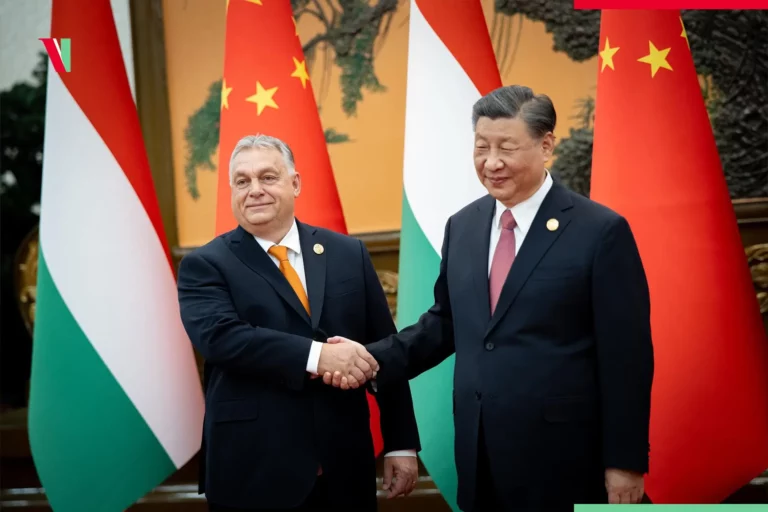Europe
Hope for a little boy battling the incurable disorder DMD: Dusán’s family seeks support for experimental treatment

Hungarian FM Szijjártó: ‘Pro-war mainstream launches final attack against new reality’

Breaking: Hungary has the most expensive electricity in Europe as of 11 November

PM Orbán calls for climate policy ‘guided by common sense’

Scandal-ridden Fidesz politician Szájer resurfaces with EU critique and new think tank leadership

Hungary’s pro-family policies yield positive demographic results, highlighted at COSAC conference

EU Affairs minister emphasises importance of cohesion policy and regional governance in enhancing European competitiveness

Hungary becomes EU’s most expensive state to run all the while underfunding healthcare

Can European leaders do without religious guidance? Hungarian politician does not think so

4 Hungarian tourism destinations recognised among Europe’s best!

Viktor Orbán’s bold claims about Hungary’s safety contradicted by crime stats

Historian: The Hungarian people won’t learn Chinese, just like they didn’t learn Russian – Hungary belongs to Europe

Crime numbers in Hungary have more than halved since 2010

Bad news: Budapest and Hungarian cities struggle with alarming air pollution levels

Hungarian defence minister: Strong defence industry key to peace, which is needed in Europe

Best and worst metro systems of Europe ranked, Budapest takes a surprising spot

Government official: Hungary aims to support Moldova’s integration

PM Orbán’s political director: ‘Hungary must represent a policy of economic neutrality’





 ZH
ZH IT
IT DE
DE HR
HR NL
NL FR
FR JA
JA RO
RO RU
RU ES
ES TR
TR
